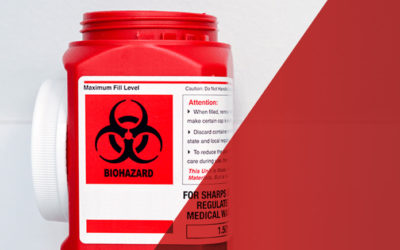What happens to medical waste after it leaves your facility? Learn why it’s essential to know what medical waste management companies do for your protection.
Service Request
Have waste that requires compliant handling or disposal? Fill out our service form and an MCF Environmental Representative will get back to you quickly with next steps!
Please note we do not provide disposal services for household waste















